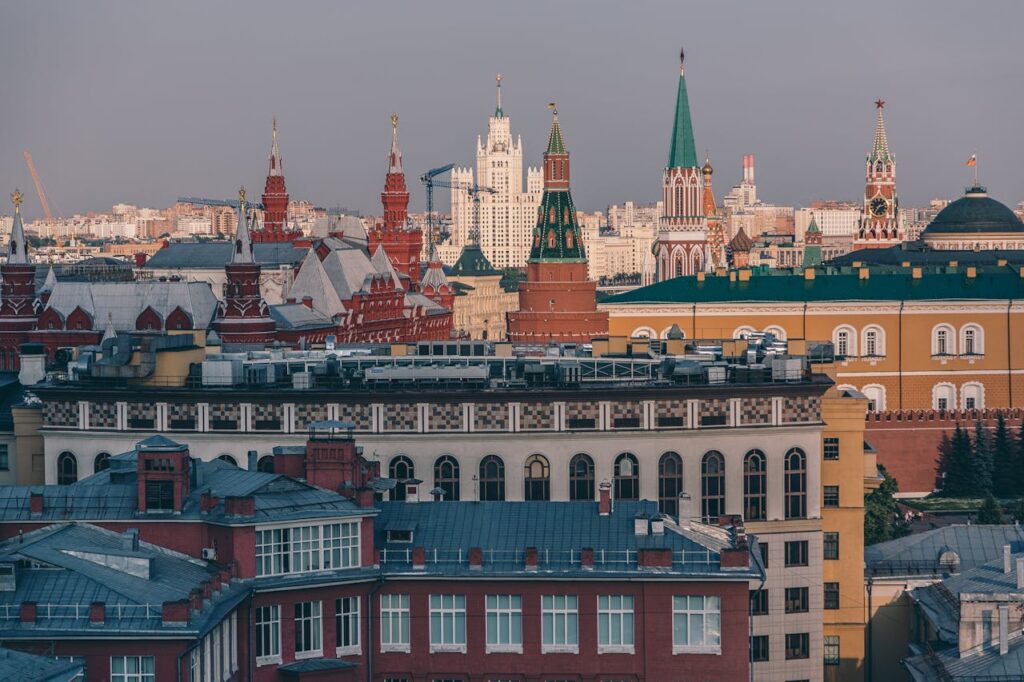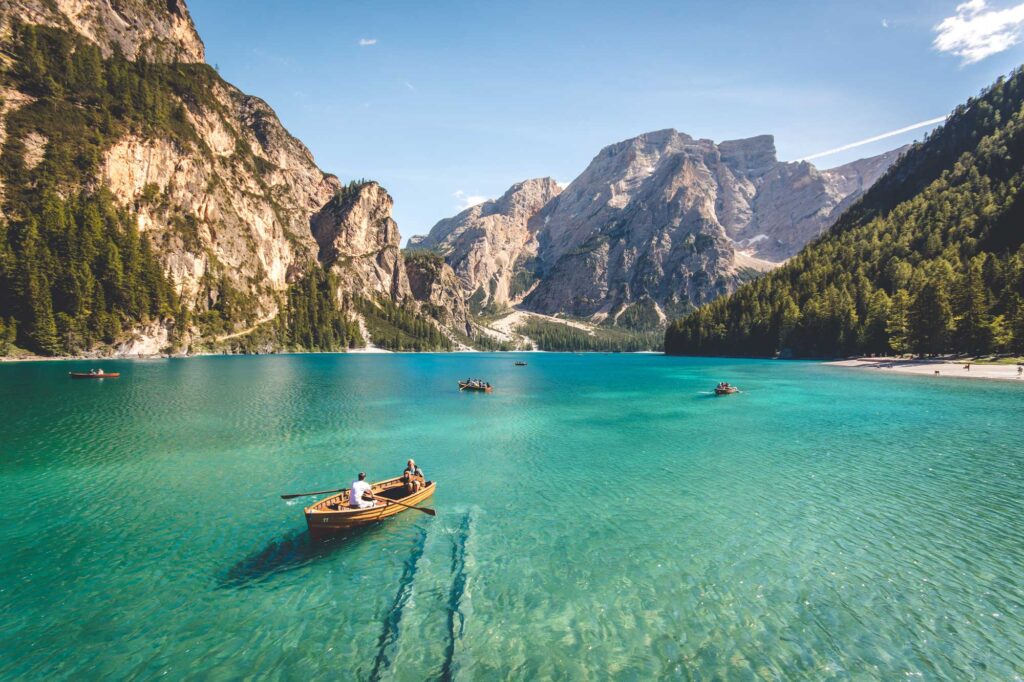
With a footprint on two continents, Russia is the biggest country globally and boasts 11 time zones and a long and detailed history as well as an enriching cultural legacy.
It also holds an essential position in geopolitics throughout the world. Throughout a long period, Russia has gathered a variety of names that represent its national identity, historical function, cultural values, and geopolitical setting. The labels ‘Mother Russia,’ ‘The Land of the Tsars,’ ‘The Bear,’ and ‘The Third Rome’ permit insights into the understanding that both residents and the global community hold of each other. Studying these nicknames might disclose the deepest meaning of the nation and how its heritage, people, and culture have changed its character across time.
1. Mother Russia: The Nurturing Homeland
One of the most famous and broadly identified nicknames for Russia is “Mother Russia”. This phrase conveys a comforting guarantee, as well as attention and safety; comparable to the consistent roots of connection which Russians feel for their homeland. Analyzing more than physical dimensions, it shows the nation as a kind maternal presence that takes care of its citizens’ needs.
Once symbolic of great promise and richness, this name recalls a power to fulfill the demands of its people without bounds. Formerly under the Soviet Union, ‘Mother Russia’ carried a heavy weight, standing for the state as a stern but a protective force watching and guiding its citizens — Russians and Soviets.
Venerable music, poetry, and folklore stories from Russia stress the ‘motherland’ so much that they often cast Russia in the role of a virtuous mother. The attribution likewise represents a responsibility within Russians to champion and honor their land, just as we would defend a mother. Surrounded by crises and war, ‘Mother Russia’ has unified Russians by stimulating patriotic sentiments among them.
2. The Land of the Tsars: Russia’s Imperial Legacy
Yet another major moniker for Russia is ‘The Land of the Tsars.’ Investigations into strong monarchs, notably the Tsars in Russia, cover the role of contributing factors in the Russian Revolution of 1917. The period from the final years of the 1500s to the beginning of the 20th century covered their leadership, from Ivan the Terrible to the final days of the Romanov dynasty, influencing their political history and insights on national identity.
Rooted in associating Russia’s imperial goals with the histories of the Roman and Byzantine Empires, ‘Tsar’ comes from the Latin ‘Caesar’. The territorial expansion of Russia greatly under the tsars reached from Eastern Europe across to the Pacific Ocean and into North America through the founding of Russian Alaska. The authority of its authoritarian leaders in the vast empire was almost complete in their control over their population.
When you think of ‘Land of the Tsars’, it consistently evokes recollections of an illustrious imperial heritage, full of notable palaces, the Kremlin, fascinating seasonal events, and importantly, the compelling narrative around Russia’s courts. Even at this time, Saint Petersburg—founded by Peter the Great—so impressively carries forward Russia’s imperial lineage, reflecting historical monuments such as the Winter Palace and the Hermitage Museum that symbolize that unique moment in Russian history.
Currently, Russia’s imperial past is one of the principal building blocks forming its national identity. The status of the Russian Orthodox Church as an important organization in current Russia continues, and a selection of Russians remember the stability and superiority associated with the tsars.

3. The Bear: The attributes of power, strength, and symbolism.
The image of the bear is among the most lasting symbols of Russia, both recognized by Russians themselves and by the rest of the globe. Comic strips, books, and other media use the term ‘The Bear’ to illustrate Russia’s superiority, inflexibility, and a commonly gloomy view of aggression.
The historical relationship between Russia and the bear is many centuries old. In the folklore of Russia, one will often find bears embodying great strength, although there are times they are considered gentle, and respected for their foreboding build and feared for their potential for violence. This duality captures the essence of Russia’s national character: a nation that is broad and remarkable, competent to carry out generous acts and able to defend itself when under danger.
Around the world, the bear represents Russia’s crucial prominence on the global arena. Throughout the Cold War, cartoonists tended to use the bear as a symbol of both the Soviet Union and its sometimes tense dealings with Western nations. Russia, for the most part, uses the bear to symbolize its geopolitical might when talking about military strength and natural asset riches.
The culture of Russia links back to the bear as well. It is almost always found in logos for athletics, mascots, and national emblems. At the 1980 Moscow Olympics, the official mascot, Misha the Bear, reflected Russia’s powerful qualities paired with its abundant scenery. Right now, the bear is a symbol of the resilience of Russian people who have repeatedly triumphed over confrontations and economic trials, uniting once again.
4. The Third Rome: The spiritual and religious meaning associated with exchange is a key component of our focus.
An often unnoticed but historically important nickname for Russia is “The Third Rome.” This title concentrates on the 15th and 16th centuries after considering the acceptance by the Russian Orthodox Church of Moscow as the successor to the Roman and Byzantine Empires in relation to spiritual authority. Based on this faith, Moscow is seen as the climactic assembly point for Christianity after the falling of Rome and Constantinople (the ‘Second Rome’), which is responsible for maintaining and protecting the real religion.
The identity of Russia regarding religion is highly related to its designation as ‘Third Rome.’ The Ottoman victory over Constantinople in 1453 led mainly Ivan III and other Russian leaders to think of Moscow as the essential city for Orthodox practitioners.

